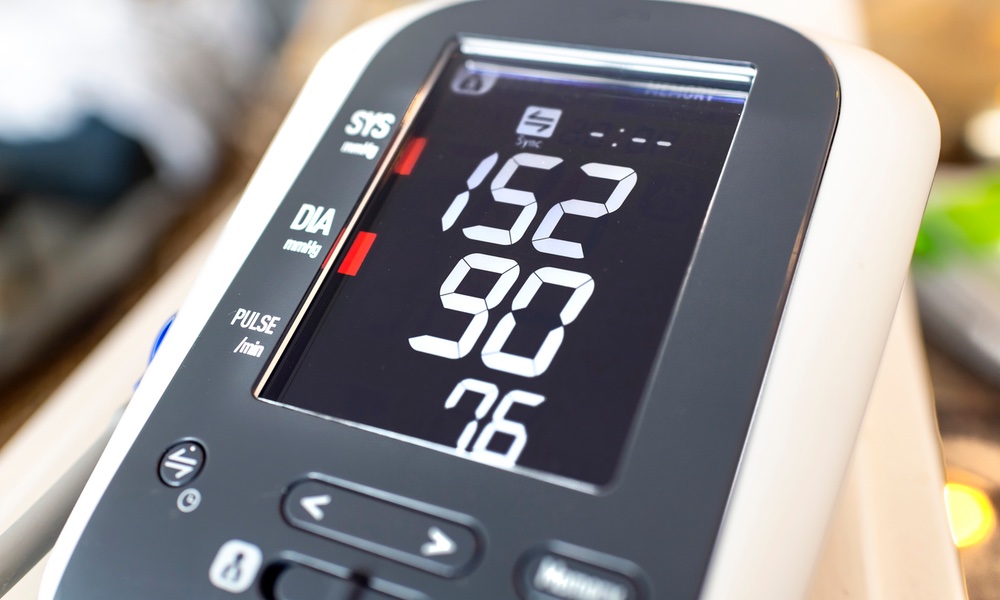There may be good news for women who are suffering with the uncomfortable symptoms of menopause. A new study has found that the benefits of hormone therapy, also known as HRT, outweigh the risks when it comes to treating the symptoms of menopause.
This is contrary to the advice that was given in the past decade.
“Among women below the age of 60, we found hormone therapy has low risk of adverse events and is safe for treating bothersome hot flashes, night sweats and other menopausal symptoms,” the study's lead researcher, JoAnn Manson, chief of preventive medicine at Brigham and Women's Hospital, said in a press release.
The new findings are based on data collected over two decades from the Women's Health Initiative (WHI). Originally, this large study involved 160,000 postmenopausal women, ages 50 to 79, taking hormone replacement therapy. It tracked their rates of heart disease, cancer and hip fractures. It also included randomized clinical trials of more than 68,000 women to test potentially helpful treatments like calcium and vitamin D supplements.There appears to be a window between ages 50 and 60 years when it's safer to start hormone therapy and to get the most benefit.
The initial HRT study was halted because it was found that women taking Prempro (a combination of estrogen and progestin) had a higher risk of both breast cancer and stroke.
When the negative results circulated — which included a report that women taking a combination of estrogen and progestin hormone therapy also had an increased risk for heart disease and blood clots — a large number of women abruptly stopped taking their replacement hormones. Unfortunately, many ended up suffering through unpleasant, sometimes severe, symptoms of menopause. To this day, many healthcare providers are still reluctant to recommend HRT.
Based on these latest findings, however, some menopause experts are now saying that it's appropriate to reconsider hormone therapy.
So, what changed?
The picture appears more nuanced than was previously believed. It shows hormone therapy is less risky for middle-aged women nearing menopause. Most of the women were over sixty years old in the original study, but there appears to be a window between ages 50 and 60 years when it's safer to start hormone therapy and get the most benefit.
“Women also have more options for treatment now, including estrogen in lower doses and delivered through the skin as a patch or gel, which may further reduce risks,” Manson said, adding, “Non-hormonal treatments are also available.”
Other types of hormones are also being used such as micronized progesterone which does not increase the risk of breast cancer. This is a bioidentical hormone: it has a molecular structure which is identical to the progesterone produced by women's ovaries and tends to have fewer side effects.Contrary to earlier WHI findings that low-fat diets did not reduce the risk of breast cancer, the new study shows that they do.
The same study included new information on the value of low-fat diets, as well as calcium and vitamin D supplements. Contrary to earlier WHI findings that low-fat diets did not reduce the risk of breast cancer, the new study shows that they do.
Based on these new findings, the researchers are now recommending that women speak with their healthcare providers about whether to take HRT, as well as discuss the benefits of maintaining a low-fat diet and taking calcium and vitamin D supplements.
The study is published in JAMA.





